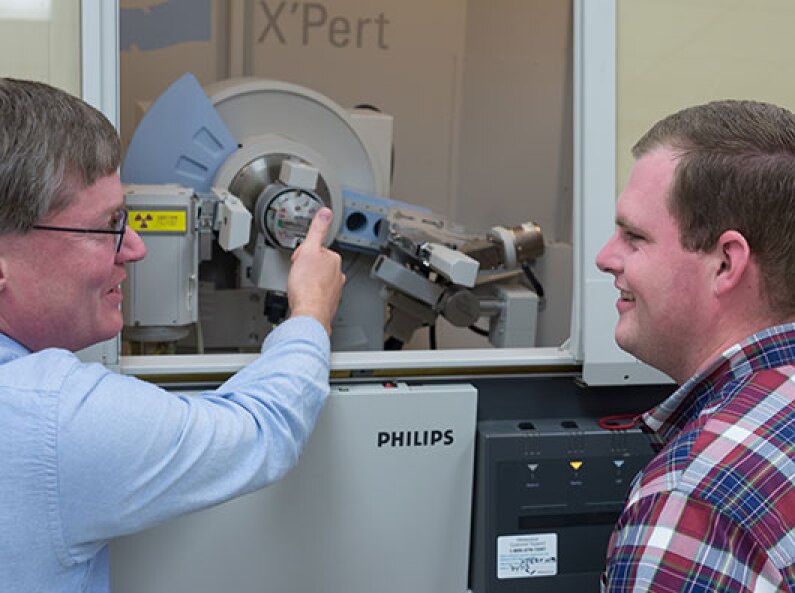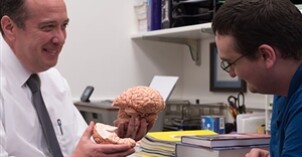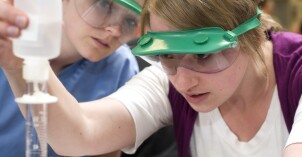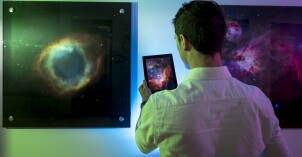
Understand the Difference
The Physics Department offers students a solid foundation in both classical and modern physics. Medical emphasis students take an additional 12 credits in chemistry and biology. Laboratory courses are an important component of the physics program, giving students valuable skills and knowledge in many areas.
Faculty are always on hand to help guide students throughout their coursework and experiences on campus. Courses are specifically designed to allow for the maximum interaction possible to help students get to know the faculty on a more personal level. Students have the chance to be mentored towards a future career path that will be best suited and rewarding to them.
Faculty are always on hand to help guide students throughout their coursework and experiences on campus. Courses are specifically designed to allow for the maximum interaction possible to help students get to know the faculty on a more personal level. Students have the chance to be mentored towards a future career path that will be best suited and rewarding to them.
"Faculty are always encouraging students to work together on homework and studying. Having professors who care about their students and help them understand the material is amazing."
KELLI M.,
BYU-I GRADUATE
Highlighted Career Paths
Graduates with a degree in Physics, with an emphasis in Medical, have a wide array of rewarding careers before them. Check out some of the top careers students get with this degree or explore more career options in I-Plan.
Medical Physicist
Medical physicists are often found in the following healthcare specialties: diagnostic and interventional radiology (also known as medical imaging), nuclear medicine, radiation protection and radiation oncology.
Nuclear medicine physicist
Nuclear medicine is a medical specialty involving the application of radioactive substances in the diagnosis and treatment of disease.
Researcher
Researchers play a vital and often leading role on the medical research team. Their activities cover wide frontiers, including such key areas as cancer, heart disease, and mental illness.
Getting Started
If you are interested in Medical Physics, start with one of the following courses:






